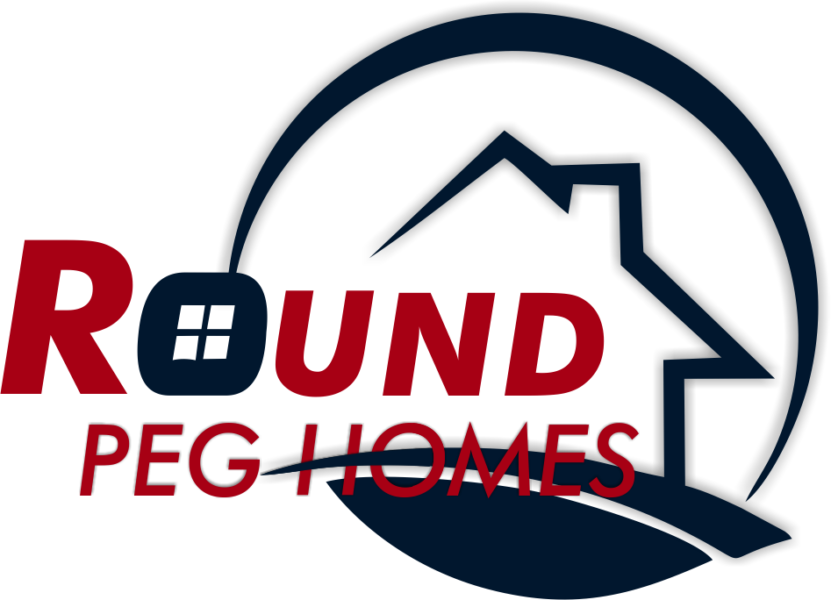Round Peg Homes is proud to offer exceptional real estate services in Nigeria, where we blend trust and innovative approaches to help you build your dreams into lasting legacies for generations to come.
QUICK LINKS
Menu
NEWSLETTER
Be the first to know about new properties. We will never spam you!
CONTACTS
40, Ibrahim Odofin Street, Peaceville Estate Idado, Igbo-Efon, Lekki Peninsula II.
+234 913 715 2206
2025 © All right reserved by RoundPeg Homes. Dev. by TechVaults
